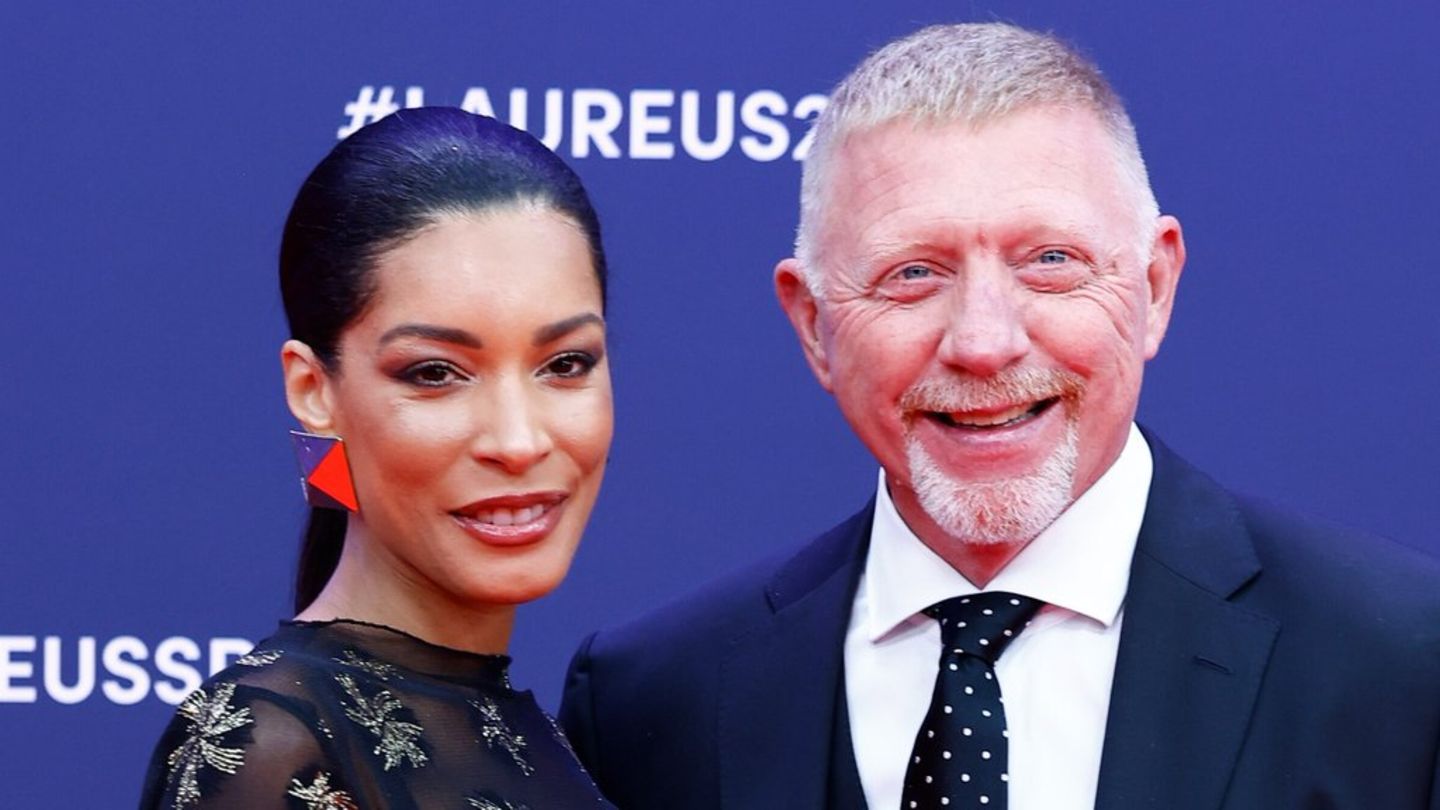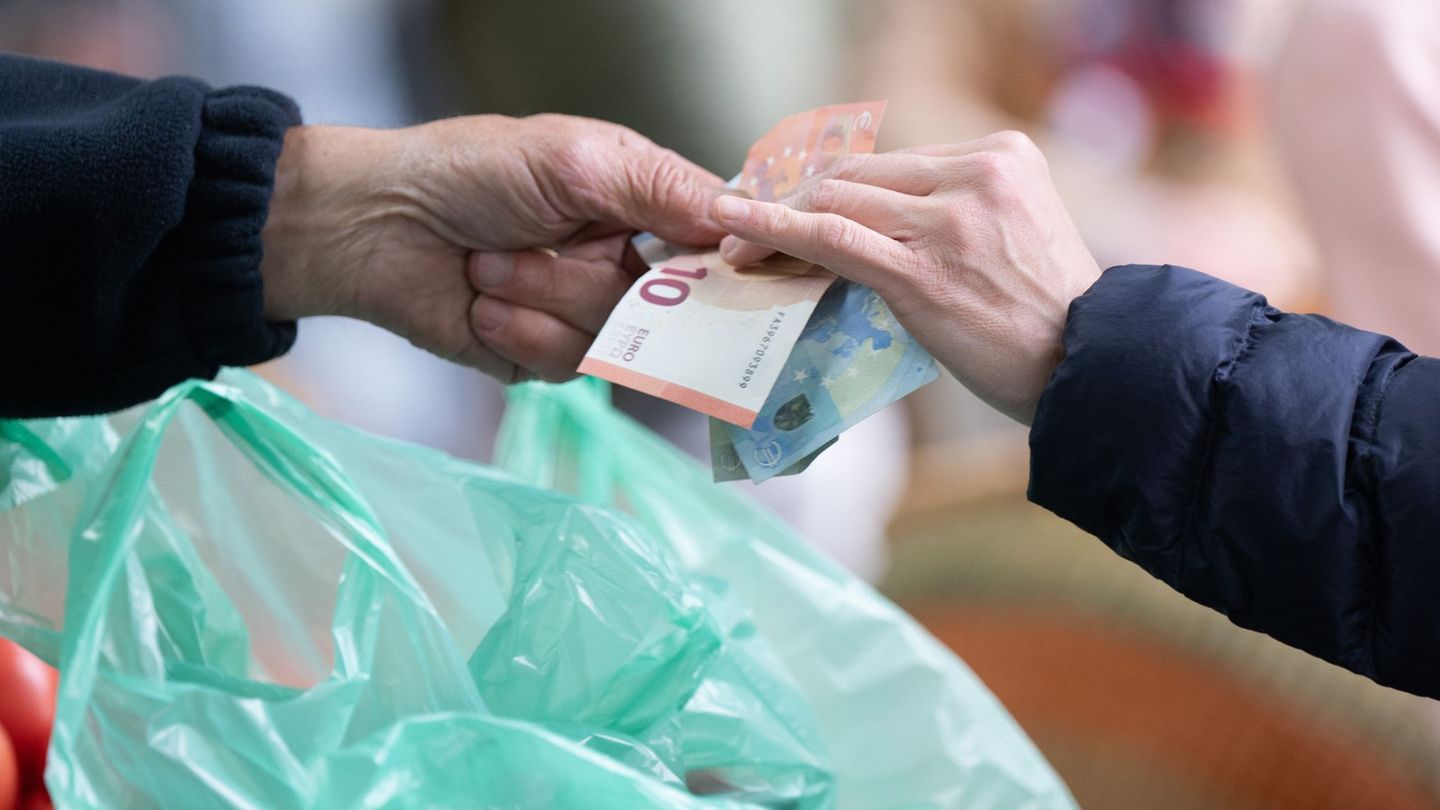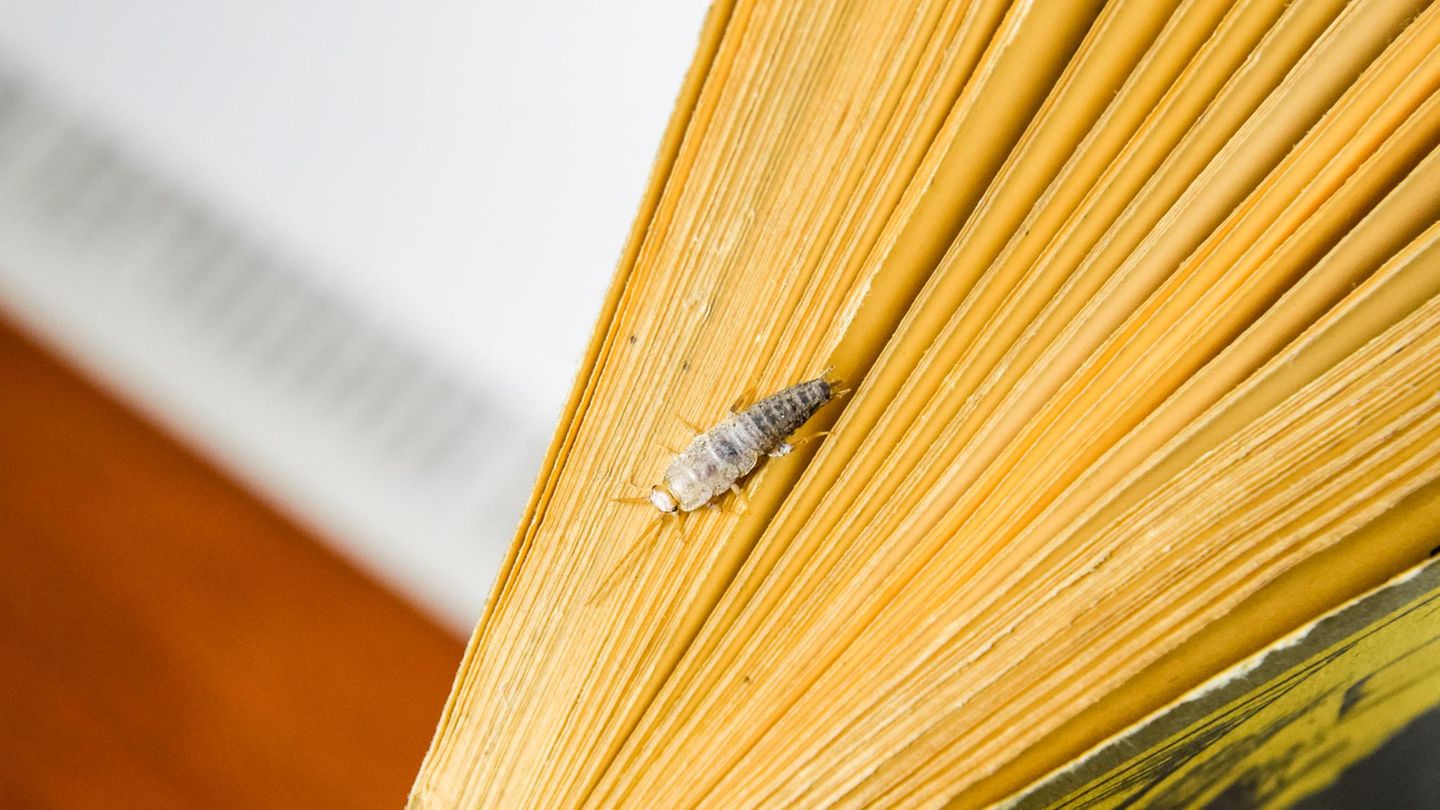80 years ago, the Nazi occupation almost razed Warsaw to the ground after a failed uprising. The memory still weighs on German-Polish relations today.
When commemorating the Warsaw Uprising 80 years ago, Federal President Frank-Walter Steinmeier asked for forgiveness for German atrocities in Poland during the Second World War. In the Polish capital, the Federal President first met with very elderly former participants in the desperate resistance against the German occupation in 1944. Germany is aware of its historical responsibility, he told the men and women. “We Germans must not forget.”
Steinmeier announced his main message at the central commemoration ceremony with Poland’s President Andrzej Duda and hundreds of listeners. He only wanted to say one sentence, but it came from the heart, he said: “I ask for forgiveness, especially today and here.” Steinmeier is the second Federal President, after Roman Herzog in 1994, to speak at this important day of remembrance for Poland.
Nazis brutally suppressed uprising
Duda called the uprising, even though it failed, “the moral basis of Polish independence.” 80 years ago, on August 1, 1944, the Polish underground army rose up against the German occupation. The Armia Krajowa (Home Army) wanted to drive out the Germans so that Poland could regain control of its capital before the Soviet Army approached. But the Wehrmacht and SS brutally suppressed the uprising in 63 days and carried out massacres of the civilian population, which are among the worst German war crimes. Around 200,000 people were killed, most of them civilians. Warsaw was largely destroyed in revenge.
“The Warsaw Uprising is one of the cruelest chapters in the long history that our two peoples, the Poles and the Germans, share,” said Steinmeier. “And it is one of the most heroic chapters in Polish history.” Germany must not forget the will to destroy the neighboring people with which the German occupation forces acted.
Poland’s demand for compensation
At the same time, he was grateful that Germans and Poles have now become good neighbors. Both countries should work together on a European future and in particular support Ukraine, which has been attacked by Russia. The Federal President only touched on Polish demands for compensation for the destruction and the enormous loss of life in the Second World War. Much is on the way, including for the last surviving victims of the occupation, he said. The governments are in close contact on this. Steinmeier also referred to the planned German-Polish House as a place of remembrance in Berlin.
In particular, the previous national conservative government, which was in office in Warsaw until December 2023, had made billions of dollars in demands against Germany. The new center-left government under Prime Minister Donald Tusk is more reserved. Nevertheless, the issue is present in Polish society; and it was also raised at the German-Polish government consultations in Warsaw at the beginning of July. The federal government sees the issue of reparations as legally settled, but is looking for ways to work more closely with Poland.
The Federal President will be accompanied on his visit to Warsaw by Minister of State for Culture Claudia Roth (Greens). On Thursday, Steinmeier is scheduled to meet with his Polish counterpart Duda in Warsaw.
Source: Stern
I have been working in the news industry for over 6 years, first as a reporter and now as an editor. I have covered politics extensively, and my work has appeared in major newspapers and online news outlets around the world. In addition to my writing, I also contribute regularly to 24 Hours World.




